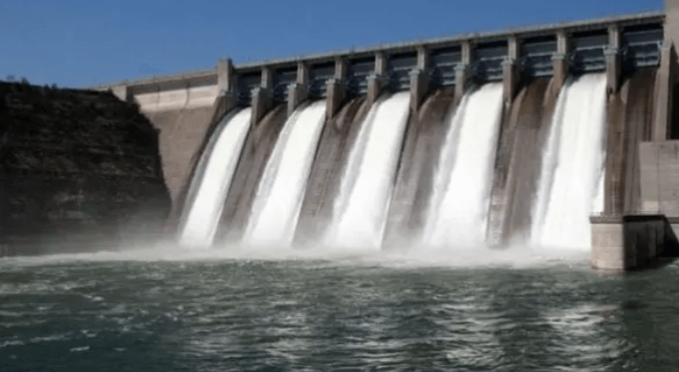
Zungeru hydro power plant
FG to rake in $2.1trn from Zungeru hydro power concession
A total of $2.1 trillion will be earned by the Federal Government for the concession of the 700 MW Zungeru hydropower plant.
A statement by the Senior Special Assistant to the President on Media & Communications (Office of the Vice President), Stanley Nkwocha, on Tuesday, said the concessionaire would pay Federal Government $70 million per year over the next three decades for managing the complex.
In total, this amounts to a revenue of $2.1 trillion for the next 30 years.
According to the statement, the transfer of ownership of the Zungeru Hydroelectric Power Plant to Penstock Limited took place on January 23, 2024, following the settlement of the project’s commencement fee on January 5, 2024.
Nkwocha said the deal was disclosed on Tuesday during the first meeting of the National Council on Privatisation (NCP) for the year 2024 at the Presidential Villa, Abuja.
At the meeting, the NCP announced that the Concession Agreement was signed on December 13, 2023, by the Bureau of Public Enterprises (BPE) and Penstock Limited.
It stated that following the Council’s approval, the Concessionaire fulfilled its obligation by paying 50 per cent of the commencement fees on January 5, 2024.
Penstock Energy Ltd is a subsidiary of Mainstream Energy Solution Ltd, the concessionaire of Kainji and Jebba Hydro Power Plants (HPP) with an installed capacity of 760MW and 578.4MW.
Penstock Energy Limited financed the 700MW Zungeru hydropower plant- the second largest hydropower plant in Nigeria deal by a staggering $1.3bn loan from China.
The Zungeru plant is Nigeria’s largest hydropower project and ranks among the biggest power initiatives across Africa to secure a preferential loan facility from the Export-Import Bank (Exim Bank) of China.
The Zungeru hydropower project will provide power generation, flood protection, and water for irrigation.
The 700-megawatt (MW) Zungeru hydropower plant is estimated to generate 2.64 billion kilowatt-hours (kWh) of electricity a year, which will meet close to 10% of Nigeria’s total domestic energy needs.
